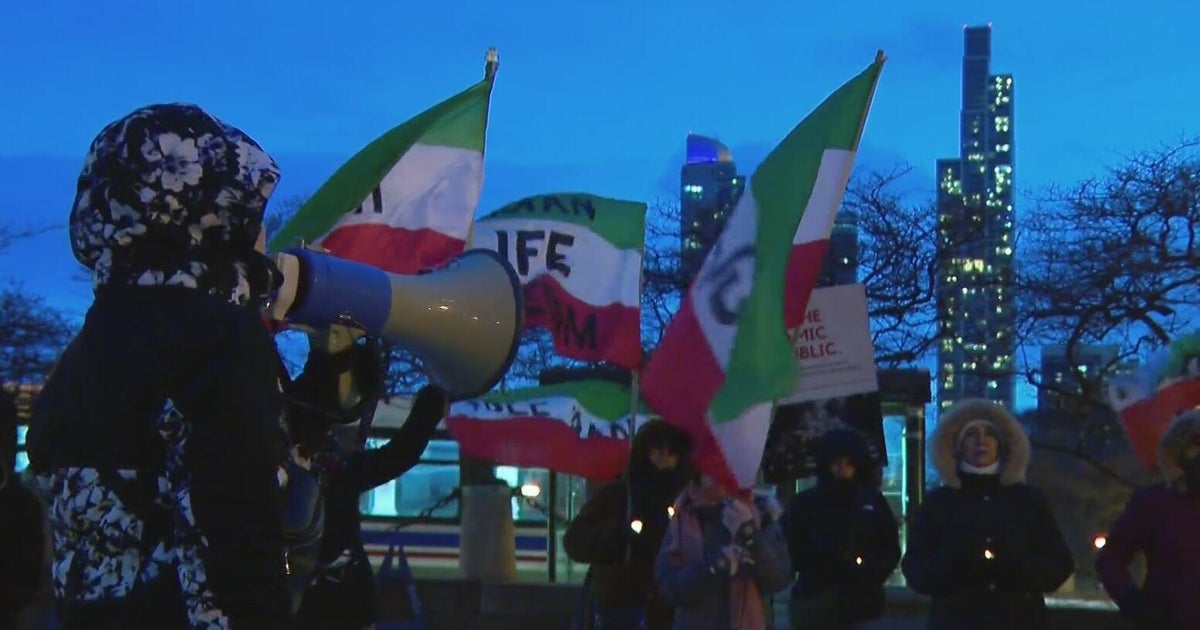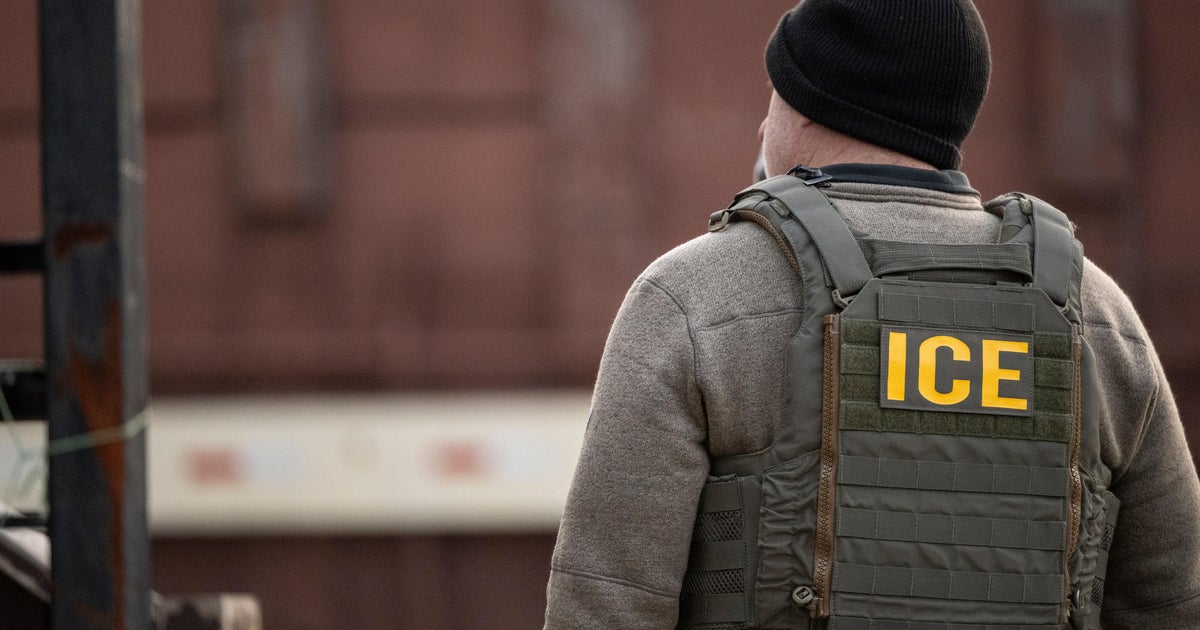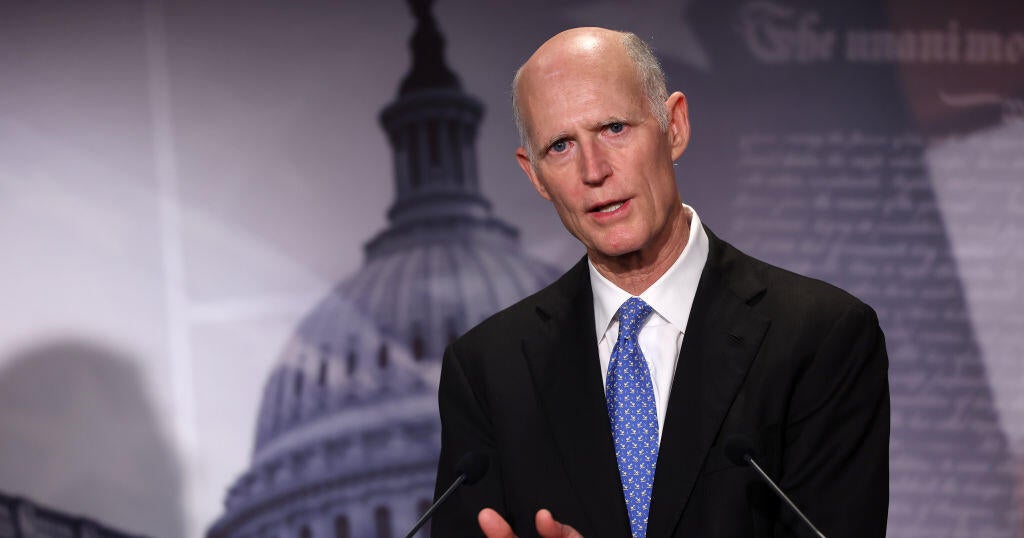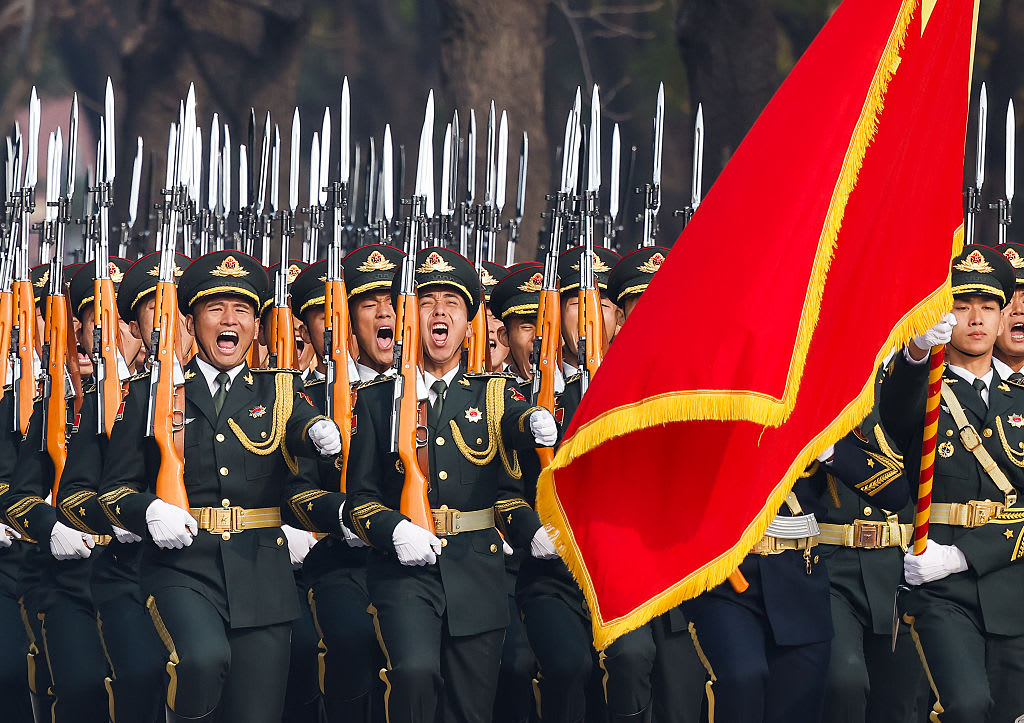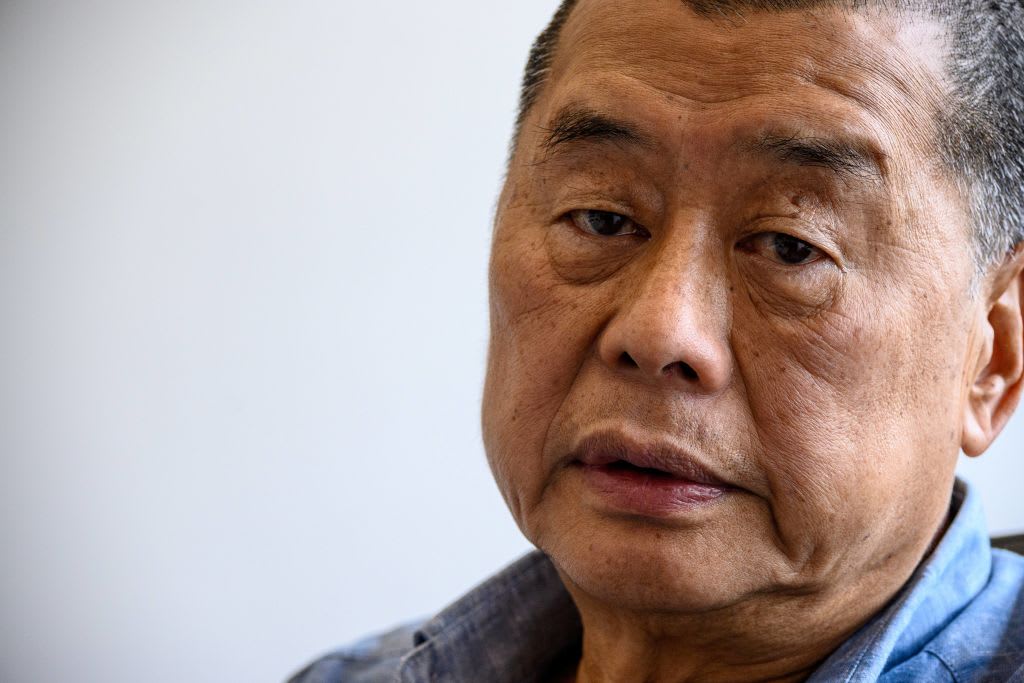China ignores U.S. threats and claims new powers over Hong Kong
China's legislature approved controversial new security laws Thursday that exert control over Hong Kong, a direct reaction to a pro-democracy movement in the southern region. Even before the laws were official, the U.S. government declared Beijing in breach of a policy that grants Hong Kong a large degree of autonomy.
The Chinese Communist Party's move was a direct reaction to a pro-democracy movement that Beijing blames on foreign interference, and it threatens to push already-strained relations between two of the world's biggest economies — and military powers — to breaking point.
President Donald Trump, Secretary of State Mike Pompeo and other senior U.S. officials had warned for days that there would be serious consequences if China enacted the new laws. But Beijing never flinched. Of the nearly 2,900 Communist Party delegates who joined the National People's Congress in the Chinese capital over the last week, only one voted against adopting the new legislation on Thursday.
There was never any doubt that the Congress would approve the controversial new legislation, which formally bans treason, secession, sedition and subversion in Hong Kong. The new laws could be implemented as soon as August.
Many Hong Kongers, along with the U.S. and other foreign powers, fear China will use the laws to severely erode the freedoms Hong Kong has enjoyed under the "one country, two systems" framework since it was handed back to China in 1997 after decades of British colonial rule.
Under that policy, which enshrines freedoms of speech, press, assembly and an independent judiciary system until 2047, the region has flourished into a global financial powerhouse. The framework has had major economic benefits not only for Hong Kong's residents, but also the U.S. and China, enabling commerce and trade with few constraints.
But with China's central government and geopolitical power riding high, Beijing has decided those benefits no longer outweigh its ability to quash Hong Kong's aspirations for real democracy.
U.S. Secretary of State Mike Pompeo had warned that the new laws would be a death knell for the "one country, two systems" policy, and on Wednesday, hours before the People's Congress voted in Beijing to make them official, he told the U.S. Congress: "No reasonable person can assert today that Hong Kong maintains a high degree of autonomy from China, given facts on the ground."
"Hong Kong and its dynamic, enterprising and free people have flourished for decades as a bastion of liberty, and this decision gives me no pleasure. But sound policy making requires a recognition of reality" Pompeo said. "While the United States once hoped that free and prosperous Hong Kong would provide a model for authoritarian China, it is now clear that China is modeling Hong Kong after itself."
Assistant Secretary of State David Stilwell said the U.S. would, "do our best to make sure the people of Hong Kong are not adversely affected," while at the same time ensuring that Beijing understands America's concerns.
Mr. Trump's national security adviser Robert O'Brien told "Face the Nation" on Sunday that if Beijing approved the new security laws, there would be "significant consequences," and predicted it would be difficult for Hong Kong to remain an Asian financial center.
"That would be a tragedy for the people of Hong Kong, but it would also be very bad for China," he said.
China's rebuttal
China lashed out Thursday over the U.S. threats to remove Hong Kong's special trading status, and possibly even impose new sanctions on Beijing. A spokesperson for the central Chinese government's Hong Kong office called it an "intervention" by the "gangster" U.S. government in China's internal affairs, "and a brutal trampling on the basic principles of international law and international relations."
The spokesperson urged the U.S. to drop its opposition to the change in Chinese policy, which he called a "deliberate distortion of the 'one country, two systems' policy."
"National security legislation is the power and responsibility of the central government and does not fall within the autonomy of the Hong Kong Special Administrative Region," the official said in a statement posted to the Hong Kong office's official website.
The rebuttal claimed the new laws would only target "very few acts and activities that seriously endanger national security," and that it "does not affect Hong Kong's high degree of autonomy, does not affect the legal rights and freedoms of Hong Kong residents, does not affect the legal rights and interests of foreign investors in Hong Kong, and will only make Hong Kong more complete."
The looming fallout
Last year the U.S. Congress, during the height of Hong Kong's pro-democracy unrest, passed the Hong Kong Human Rights and Democracy Act. It required Pompeo to certify the city's autonomous status, under the Hong Kong Policy Act of 1992, every year.
Now that he's deemed Hong Kong no longer autonomous from China, it basically takes away its special trading status and could force it to start trading with the U.S. under regulations that apply to mainland China.
The declaration by Pompeo opens the door for the White House to scrap the special U.S. trade and economic ties with the city — with the aim of causing pain for China and Communist Party-linked entities. Washington has yet to outline the details of any punitive actions.
"For Hong Kong itself, the impact of a [new U.S.] tariff will not be big," if it is only applied to Chinese goods transiting through the city, Professor Victor Shih, a Chinese political economy expert at the University of San Diego, told CBS News. "I think applying U.S. tariffs on mainland Chinese goods [transiting via] Hong Kong will impact many export-oriented firms in Guangdong. Close to $500 billion of Chinese goods are exported to other countries via Hong Kong."

